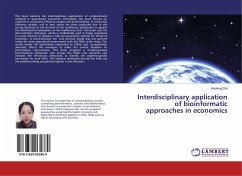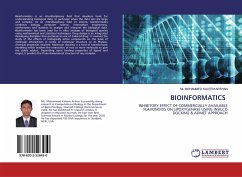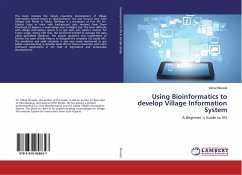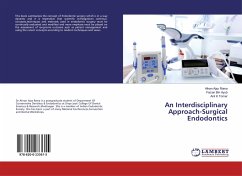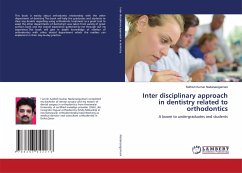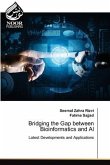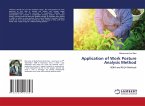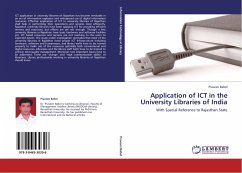This book explores the interdisciplinary applications of computational methods in quantitative economics. Particularly, this book focuses on problems in productive efficiency analysis and benchmarking. In productive efficiency analysis, null or zero values are often produced due to the wrong skewness or low kurtosis of the inefficiency distribution as against the distributional assumption on the inefficiency term. This book uses the deconvolution technique, which is traditionally used in image processing for noise removal, to develop a fully non-parametric method for efficiency estimation. In benchmarking, the `best practice' target may not perform under the same operational environment with the DMU under study. This would render the benchmarks impractical to follow and, consequently, adversely affects the managers to make the correct decisions on performance improvement. This book proposes a clustering-based benchmarking framework that groups the DMUs into segments and estimate the efficiencies afterwards to identify the segment-specific benchmark for each DMU. The methods developed benefit this field and the problem-solving perspectives lighten a new direction.
Bitte wählen Sie Ihr Anliegen aus.
Rechnungen
Retourenschein anfordern
Bestellstatus
Storno

